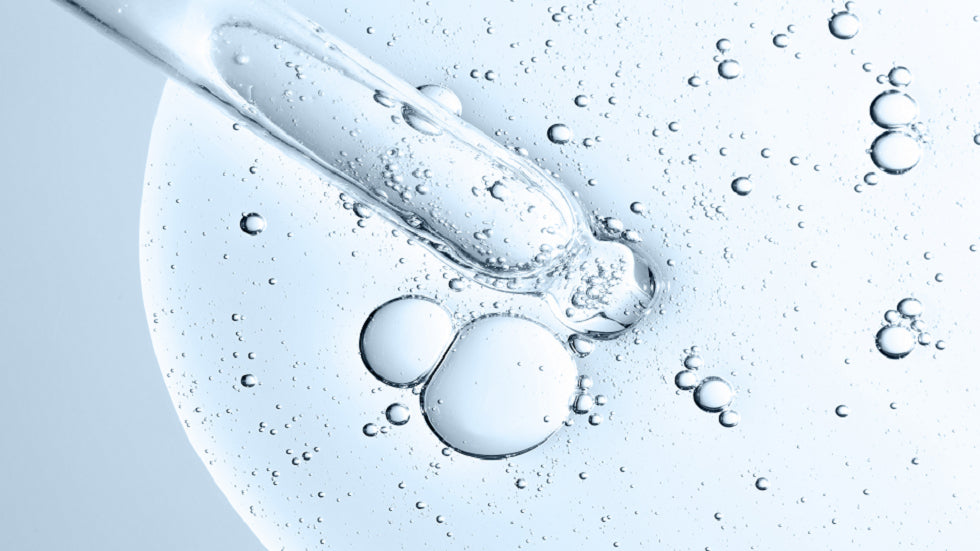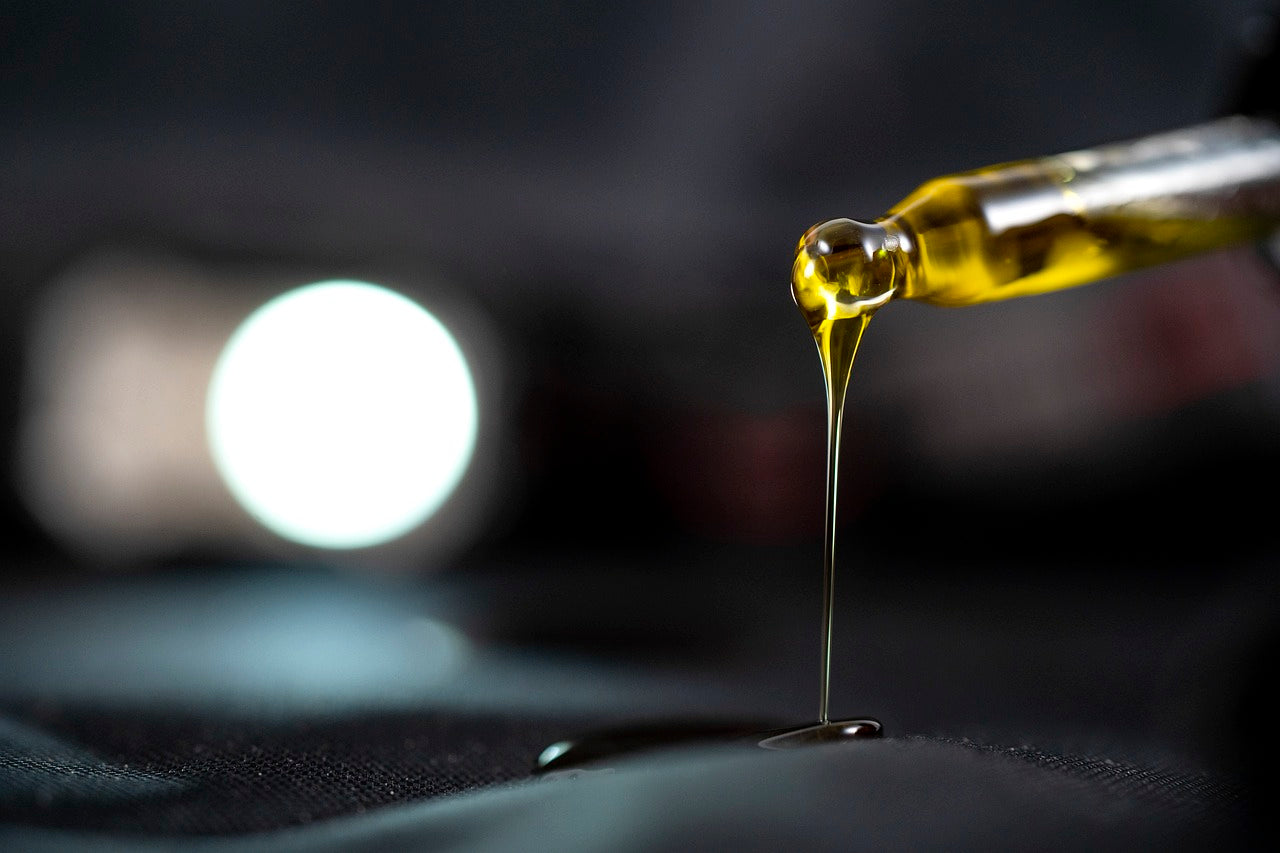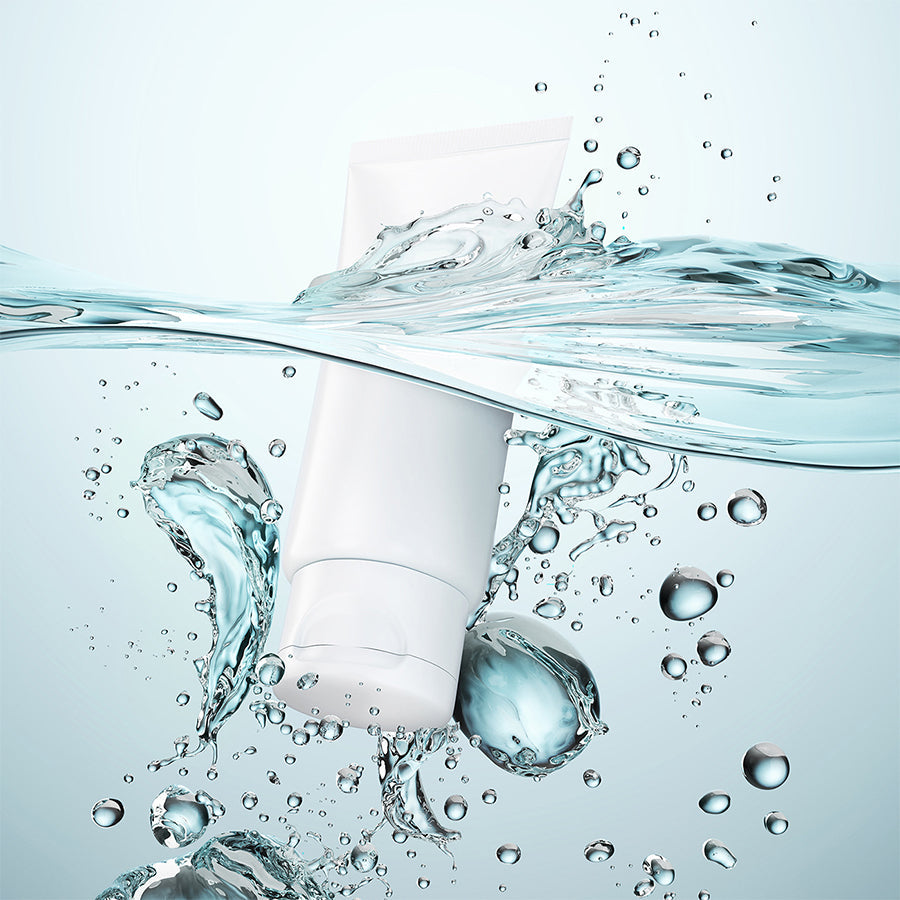Peptides in skincare are a buzzword today. From creams to serums to lotions, many products available on the market now feature this ingredient.
But what exactly are peptides? What are their benefits? What are the best peptides for your skin? How do you incorporate a face cream or moisturizer with peptides into your skincare routine?
Read on. Here’s a quick guide to peptides for skincare.
What Are Peptides In Skincare?
To fully understand the role of peptides in skincare, we must first understand three other compounds in our skin – amino acids, collagen, and elastin – and the link between peptides and these compounds. +
To put it simply, collagen and elastin are two proteins essential for maintaining the health, elasticity, and firmness of the skin. These proteins are made up of amino acids. In other words, amino acids are the building blocks of proteins like collagen and elastin.
Peptides, or polypeptides as they are also known, are naturally occurring short chains of amino acids. They are skin-identical ingredients – that is, compounds that are naturally found in your skin’s structure.
Peptides play the role of a messenger – they signal our skin cells to increase the production of collagen and elastin. Thus, they help maintain the structure and function of the skin.
Why Include Peptides In Skincare Routines?
So, why should we use skincare products with peptides if our skin already has them?
Over time, reduced cell turnover rates, hormonal changes, and environmental factors lower the collagen and elastin levels in your skin. This weakens the skin’s natural barrier and reduces its firmness.
Using topical products, such as a serum or face cream with peptides, helps replenish these levels. The peptides in skincare products signal skin cells to produce more collagen and elastin and aid in skin regeneration.
Peptides For Skincare – Top Benefits
Choosing products with peptides sets the tone for a holistic skincare routine. Some of the key peptide benefits for skin include:
Stronger skin barrier
Our skin’s barrier, or its top layer, is what keeps the skin hydrated and protects it from environmental aggressors. Peptides are small enough to penetrate the skin’s outer layers to hydrate skin cells and keep the structure intact. In turn, this strengthens the skin’s barrier function from within.
Minimized fine lines and wrinkles
Peptides stimulate the production of collagen, which is a type of protein that helps regenerate the skin and maintain its elasticity. This plumps up your skin and makes fine lines and wrinkles less prominent.
Firmer skin
In addition to collagen, peptides support the production of elastin fibers, another form of protein that gives the skin its tightness. This improves your skin’s elasticity and gives it a firmer appearance.
Even skin tone
By increasing the levels of collagen, elastin, and other proteins, peptides promote healthier, plumper, and smoother skin. They also have anti-inflammatory properties to calm the skin, while some peptides minimize dark spots. All of this helps even out your skin tone.
Hydrated skin
Peptides are moisture magnets. Due to their small size, they penetrate deep into the skin to attract and lock in moisture. Using a cream or moisturizer with peptides improves your skin’s ability to retain moisture and gives it a hydration boost.
Lower risk of breakouts
Some types of peptides have antimicrobial properties. They fight bacteria on the skin’s surface to keep them from clogging the skin’s pores. In turn, this keeps pimples and acne at bay.
Antioxidant properties
Some peptides have antioxidant properties. This shields your skin from the damage caused by free radicals, oxidative stress, and other environmental stressors.
Different Types Of Peptides In Skincare
Peptides can be categorized into four main groups based on their function.
Signal Peptides
These peptides stimulate skin cells into producing collagen, elastin, and other structural proteins to make skin firmer and more elastic.
Carrier Peptides
Carrier peptides get their name from their ability to carry elements like copper and magnesium. These trace elements are known to support enzymatic functions and heal wounds to improve skin tone and texture.
Neurotransmitter Inhibitor Peptides
These peptides are capable of calming facial muscles by stopping neurotransmitters that cause contraction. They help soften expression lines and delay the onset of wrinkles.
Enzyme Inhibitor Peptide
These peptides bind with certain enzymes to block their ability to break down collagen and other structural proteins. This helps maintain skin elasticity and firmness.
What Are The Best Peptides For Skin?
There are hundreds of peptides, but not all of them have the same effects on the skin. Here are some of the most popularly used peptides in moisturizers, creams, and serums:
|
Name |
Benefits |
|
GHK-Cu Peptide |
Boosts collagen production, hydrates the skin, reduces inflammation and supports faster healing. |
|
Tridecapeptide-1 |
Reduces fine lines and wrinkles. |
|
Palmitoyl Dipeptide-10 |
Neutralizes enzymes responsible for breaking down collagen and fights free radicals. |
|
Palmitoyl Oligopeptide |
Stimulates collagen and hyaluronic acid production and protects the skin against UV radiation. |
|
Argireline/ Acetyl Hexapeptide 3, 8, and 20 |
Blocks the release of neurotransmitters to reduce fine lines and wrinkles. |
|
Copper Peptides |
Moisturizes the skin and acts as an antioxidant. |
|
Palmitoyl Pentapeptide |
Stimulates collagen and hyaluronic acid synthesis and helps wounds heal faster. |
|
Acetyl Tetrapeptide-9 |
Triggers natural cell regeneration, hydrates the skin and helps maintain elasticity. |
|
Palmitoyl Tripeptides |
Reverses damage caused by pollution and sun exposure. |
|
LL-37 |
Reduces inflammation and helps acne-prone skin heal faster. |
How To Incorporate Peptides Into Your Skincare Routine?
So, how do you introduce this hydrating, skin-regenerating ingredient into your routine? Here are a few tips to help you.
Choose the right form of product
To experience the benefit of peptides on the skin, choose products that have prolonged contact with your skin – opt for leave-on products rather than wash-off products. A face cream, night cream, serum, or moisturizer with peptides would be an ideal choice.
Take, for instance, our Squalane Elixir Night Cream. It is formulated with five different types of peptides that shield your skin, aid in hydration, and boost collagen production. This peptide night cream also contains other skin-identical ingredients, like squalane, amino acids, HA, and more.
Find out what works best with peptides
Identifying ingredients that work with peptides is equally important while choosing products. Some ingredients like hyaluronic acid, ceramides, niacinamide, retinol, and vitamin C work well with them.
On the other hand, AHAs and strong acids like salicylic acid and glycolic acid can break down the peptide bonds, so it is better not to mix peptides and such acids.
Be consistent
Using peptides products comes with a lot of benefits. Being a skin-identical ingredient, they are easily recognized and accepted by your skin. Keep in mind that it takes regular use of the right peptide product to improve your skin health.
FAQs
Which is better, hyaluronic acid or peptides?
Picking between peptides and hyaluronic acid comes down to what you want to achieve. Hyaluronic acid primarily hydrates the skin while peptides stimulate collagen production. If you want to get the benefits of both of them, choose products like our night cream.
Are peptides better than retinol?
While both have properties to boost collagen and even out skin tone, peptides are gentler on the skin. They are a skin-identical ingredient, so peptides in moisturizers and creams are usually well-tolerated by the skin. Retinol is a potent ingredient that increases cellular turnover and might cause sensitivity and redness when introduced.
Do peptides have any side effects?
Peptides in skincare products are generally well tolerated. They have a very low risk of side effects, but to be safe, do a patch test before using any new serum or face cream with peptides.
Also Read



